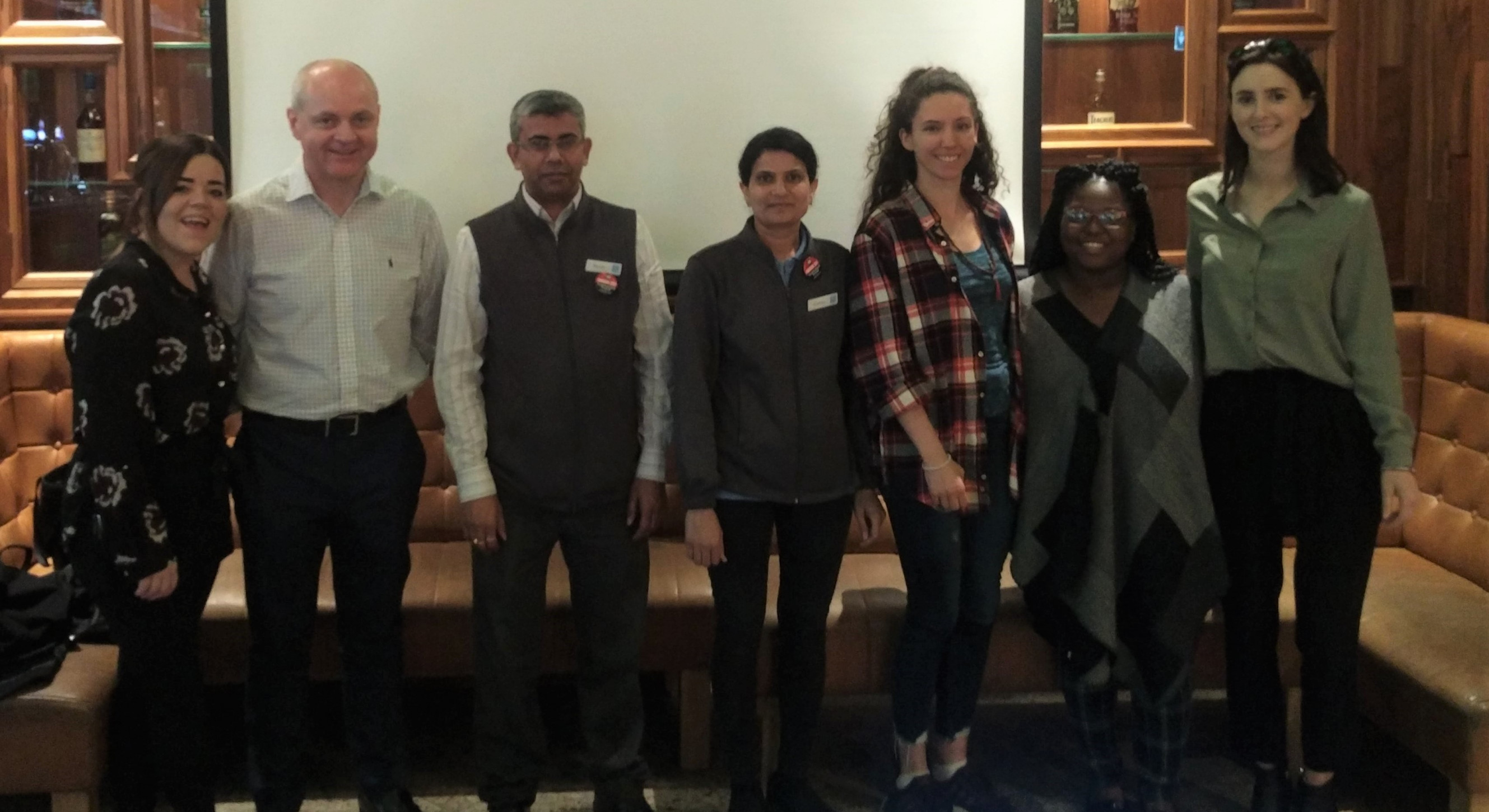Gifty Oduro from GamCare delivered an eye–opening training that focused on raising awareness of gambling addiction and suicide risk, and the early intervention and prevention of gambling addiction in young people.
Although gambling can be an enjoyable and safe experience for many people, it can become a serious problem and addiction for others. Academics at Lund University in Sweden found that people who have a gambling addiction are 15 times more likely to take their own lives, and GamCare report that gambling addiction has the highest suicide rate of all addictions in the UK. Notably, suicide levels in the Irish community in Britain have remained consistently high for over three decades and have not shown the decline seen in other populations.
Young people have more than twice the rate of problem gambling than adults.
The earlier in life that a person begins to gamble, the more likely they are to develop a problem.
Research in the UK in 2015 suggested that 17 percent of children aged 11–15 gambled in the last seven days, and a Gambling Commission study suggests that 450,000 children aged 11 to 16 bet regularly, more than those who have taken drugs, smoked or drunk alcohol.
Adolescent brains are still developing; they have a preference for new, exciting, low effort activities, with minimal consideration for negative consequences, and are therefore more likely to be impulsive and inclined towards riskier behaviour. The rise in online gambling makes it easier and more accessible than ever to gamble, and many of the games online are marketed specifically at 12–17–year olds.
Knowing the risk factors and warning signs is important for prevention and early intervention.
Most parents believe that gambling is harmless fun, however, 10 percent of young people who gamble are at risk of developing a problem. Evidence suggests that parents are far less likely to talk to their children about problem gambling than they are about other risky behaviours such as alcohol and drug misuse, and if parents gamble, young people are twice as likely to be at risk and four times more likely to develop a gambling problem.
What can you do?
Education and awareness about risks and consequences for adults and young people, is vital in the prevention and detection of problem gambling. GamCare run a national helpline that provides counselling for those with gambling problems and for their families. They also run training events and have advice and information available on their website.
ICAP (Immigrant Counselling and Psychotherapy) is a charity based in London and Birmingham that provides counselling services.
You can contact the Samaritans here or Big Deal here
To find out more about the Green Hearts Mental Health Charter email Marie at health@irishinbritian.org
Thank you to the Claddagh Ring in Hendon for sponsoring the venue for our event.
